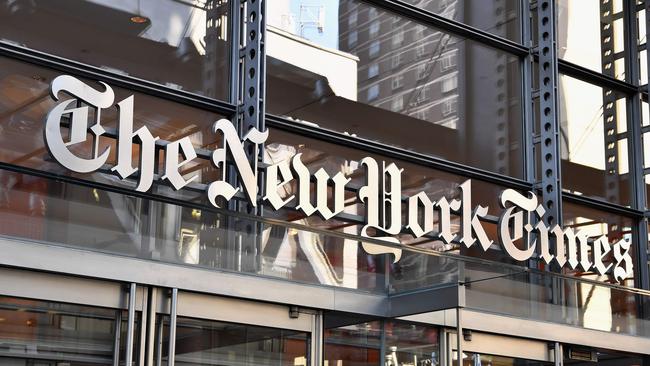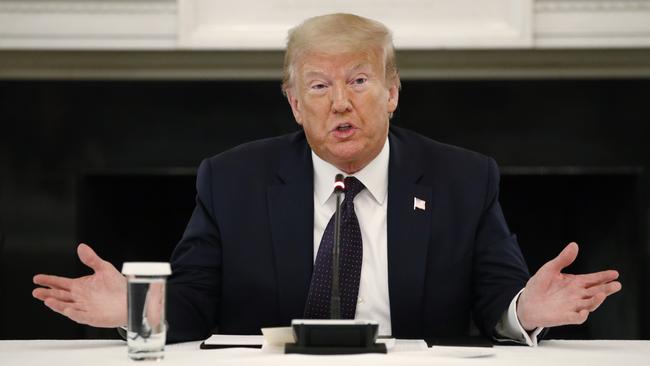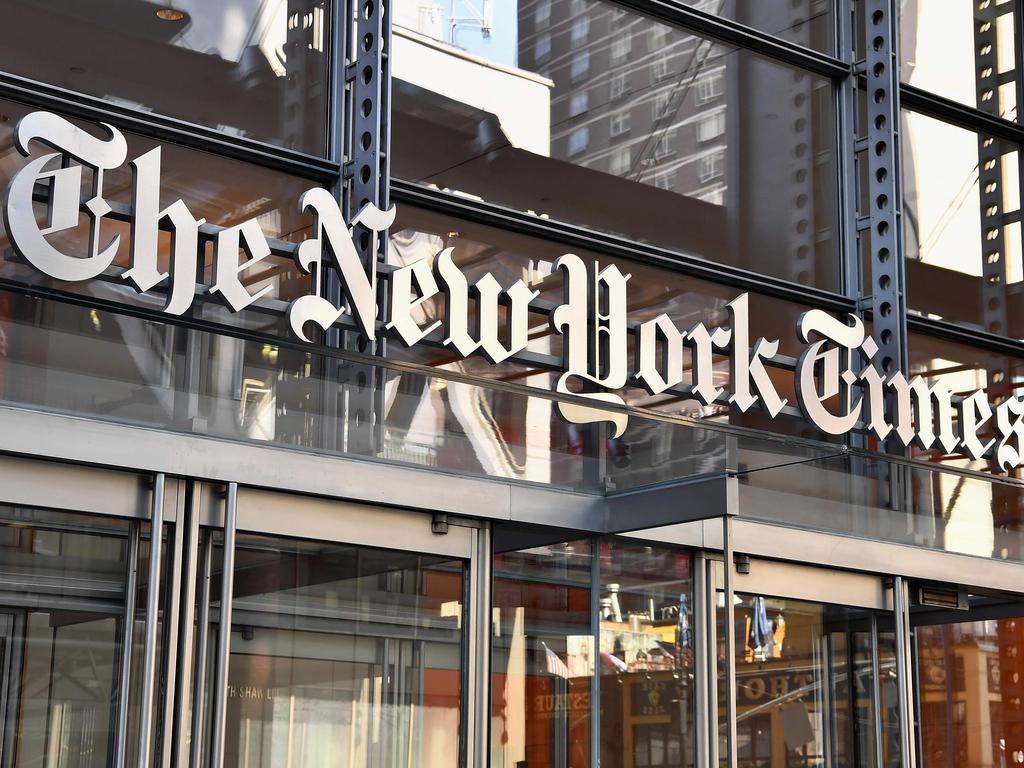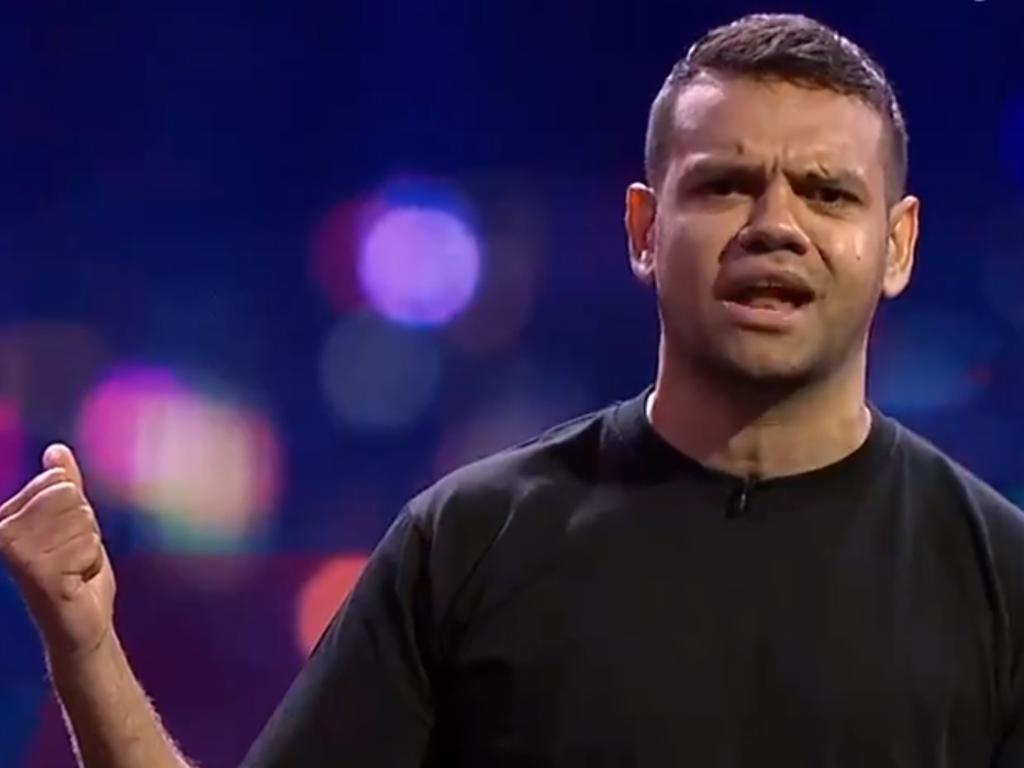Principled defence by New York Times crumbles in face of mob rule
The Black Lives Matter movement cares about human rights but has a rough attitude to free speech.

The NYT published an opinion piece by Republican senator Tom Cotton which it headlined: Send in the troops. Cotton expressed his horror at the death of George Floyd in Minneapolis and then made the perfectly respectable case that the level of violence in American cities required sending in regular troops from the US military to restore order.
Donald Trump had made this suggestion, though typically in more florid and bombastic language than Cotton’s.
Trump’s Defence Secretary, Mark Esper, a generally low profile figure, publicly disagreed with Trump and said he did not think the situation remotely justified invoking the Insurrection Act to deploy regular troops.
Many cities and many state governors have deployed the National Guard to help control riots arising from the demonstrations.
National Guard units, reservists, are available to state governors but can also be directed by the president.

Invoking the Insurrection Act involves the president directly ordering regular military units to help restore order. Dwight Eisenhower did it in 1957 to protect African-American high school students as the Arkansas government resisted racial desegregation.
Similar actions were taken by presidents Kennedy and Johnson, and in 1992 president George HW Bush used the act to dispatch troops to help quell violence in the 1992 Los Angeles riots.
Cotton distinguished peaceful protesters from violent rioters and looters.
I think Cotton’s recommendation was wrong. The protests calmed down over the week and the police forces, sometimes backed by National Guard units, did restore order. But you could not possibly describe Cotton’s piece as offensive.
However, in a truly grotesque development, 800 staff at The NYT, journalists and non-journalists, decided that merely publishing the piece was profoundly offensive and put the lives of the paper’s black reporters at risk.
At first the publisher and editors defended providing a diversity of opinion in their paper, challenging views they agreed with and giving space to views they disagreed with. The NYT has published Vladimir Putin and the Taliban.
But within a couple of days they surrendered to grossly illiberal and intolerant prejudice, in effect to mob rule at their own newspaper.
The transition from firm, principled defence of a diversity of views to utter grovelling obeisance ideological conformism by the publishers and editors was pathetic.
They truly fulfilled the wisecrack that the modern liberal will fight to the death for your right to agree with him.
They show the very worst feature of illiberal liberalism, which is to regard someone with a different opinion from the orthodox as being a morally bad person, a force for evil, simply because they don’t agree with you on every single point.
This was a bad day for The New York Times, and for American democracy.








The international Black Lives Matter movement cares about human rights and racial justice, but has a pretty rough attitude to democracy and free speech, as evident by the bizarre resignation of James Bennet, until this week the opinion page editor of The New York Times.